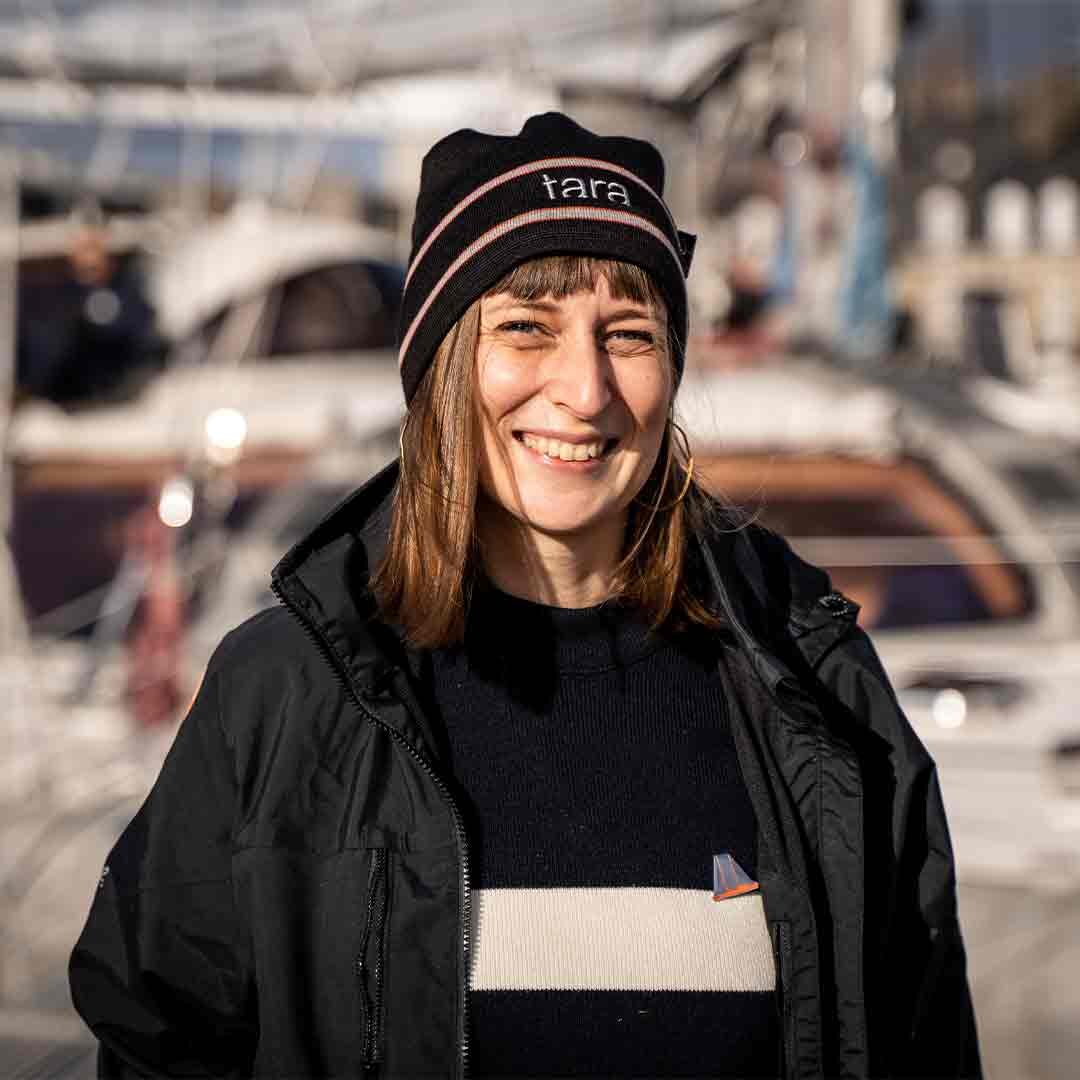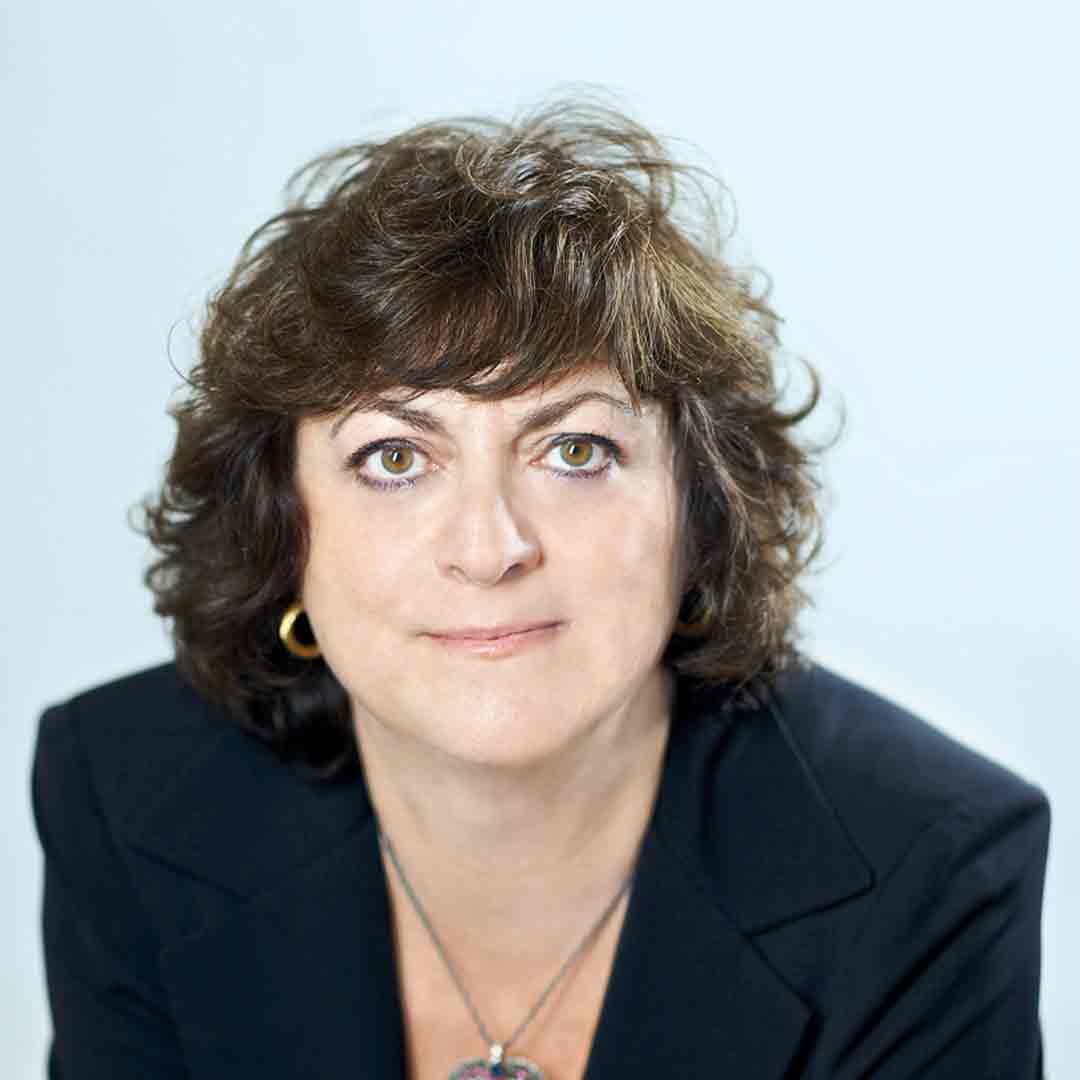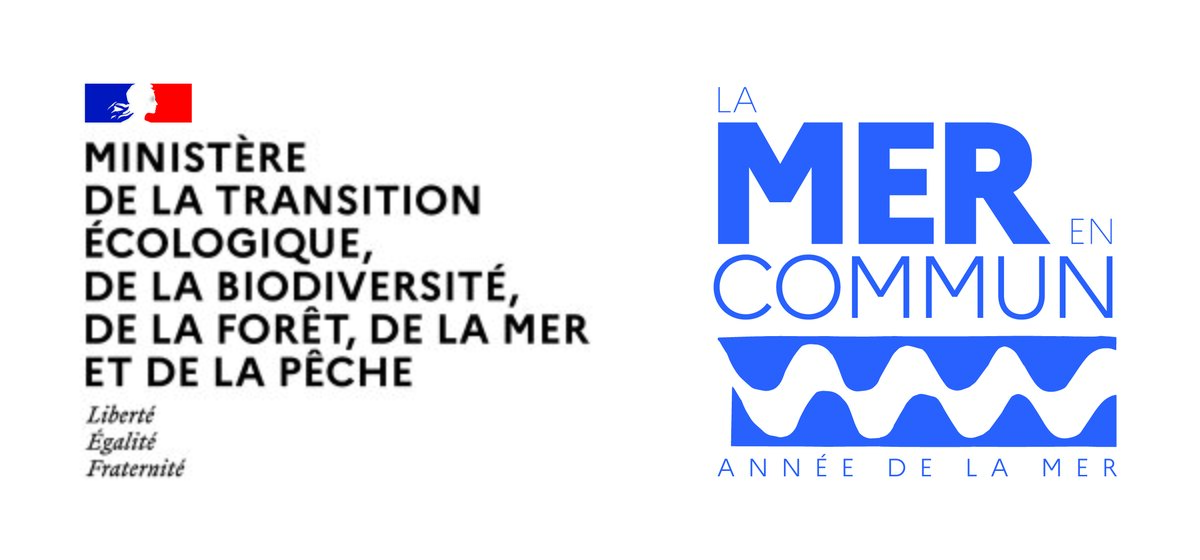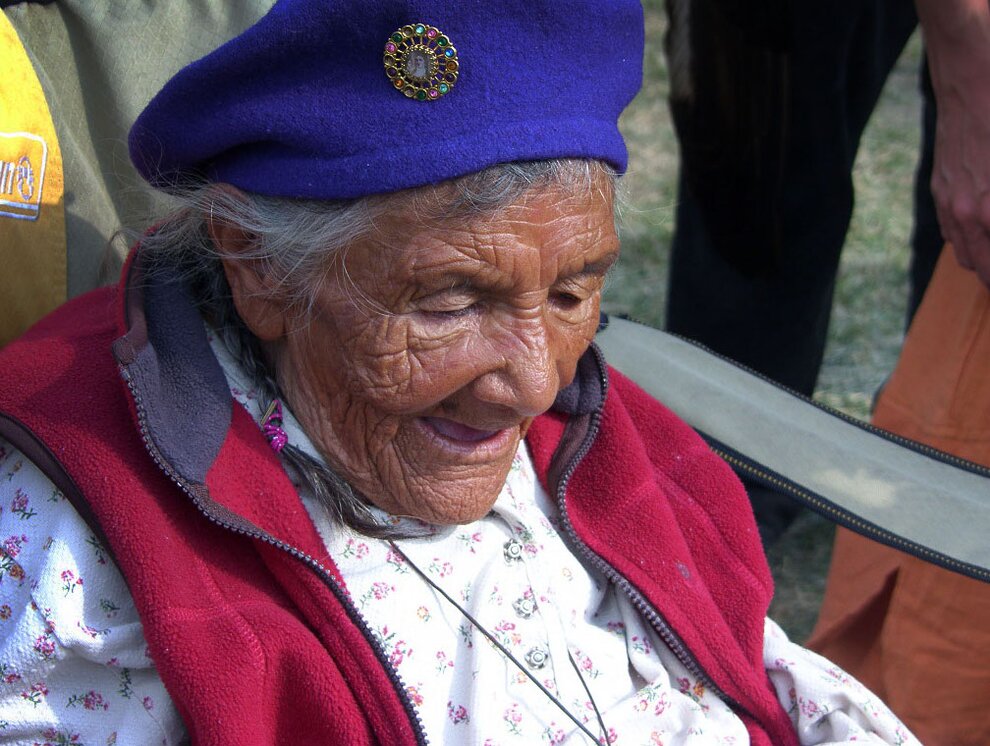The oceans have a history!
11 March | A Talk within the 'Oceans: Common Heritage, Shared Challenges' Series
Tuesday
11
March
2025
6:30 pm
8:30 pm
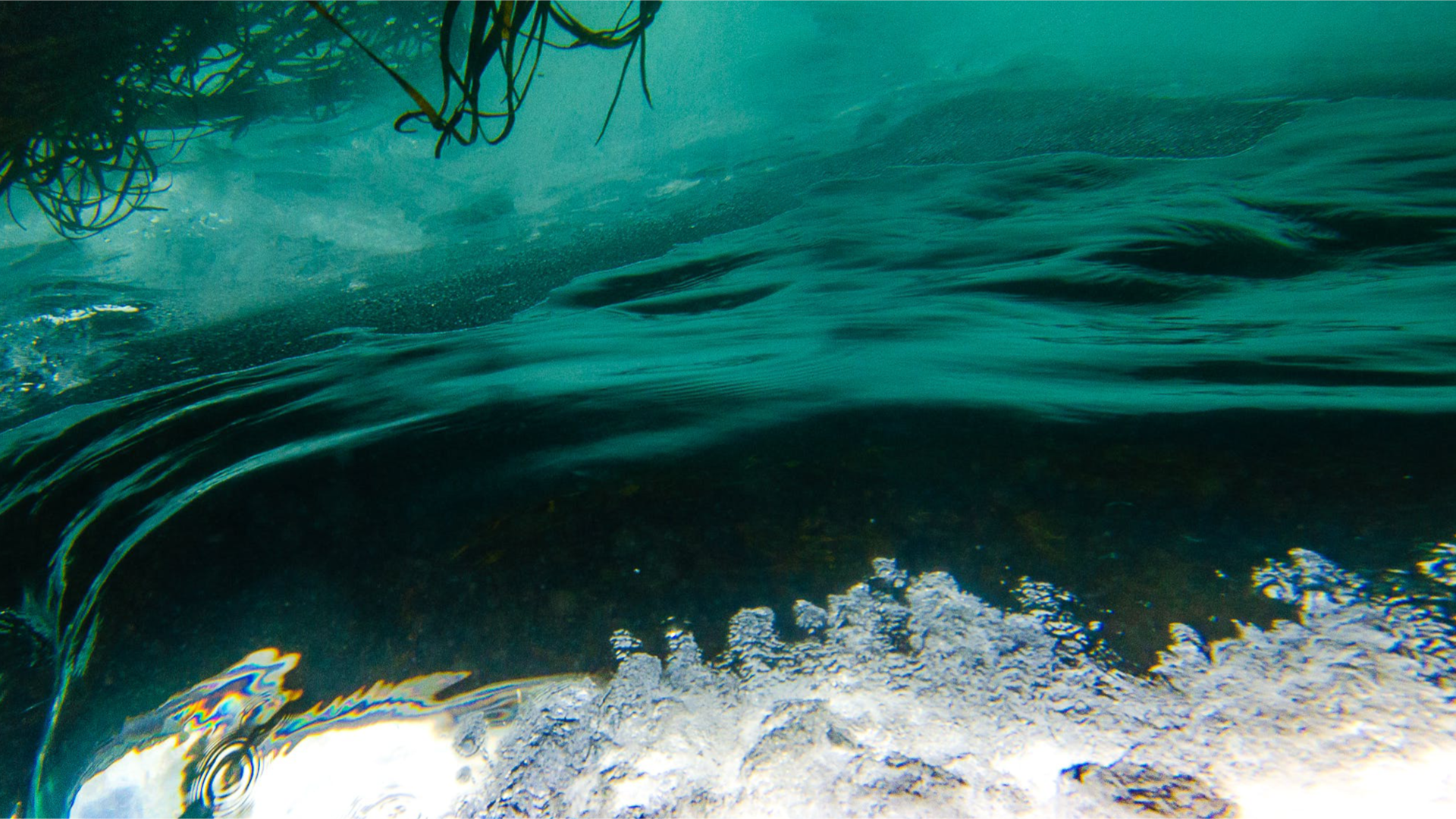
How does environmental history renew our view of these populated and threatened ecosystems? From whaling to oil spills, this meeting explores the challenges of a new way of writing the history of the sea.
Published at 31 January 2025



